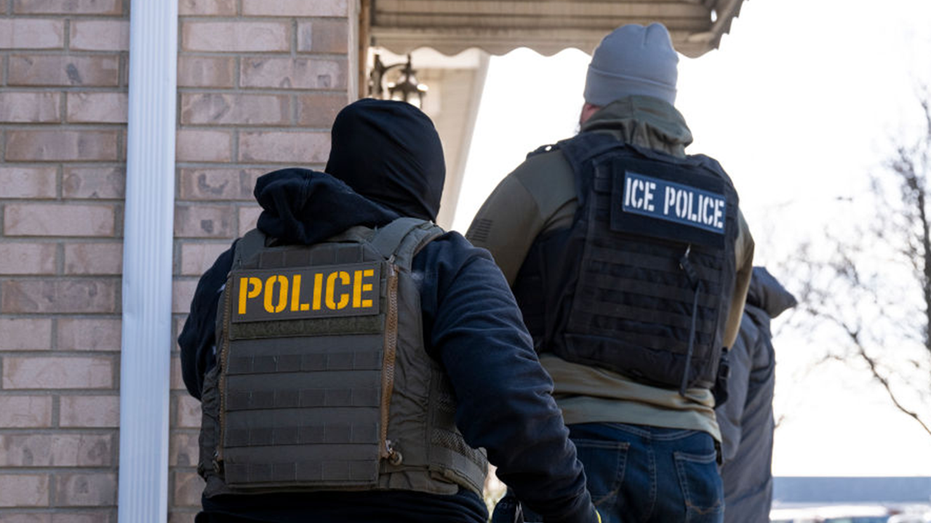A new law passed in Illinois aims to shield individuals from immigration enforcement while they navigate the legal system. The legislation directly prohibits federal agents from making immigration arrests in and around courthouses, a move designed to ensure equal access to justice.
The bill doesn’t stop at protection; it empowers individuals who believe their rights have been violated during civil immigration arrests to pursue legal recourse. This allows for potential lawsuits and the possibility of damages for false imprisonment, particularly for those attending court hearings or participating in legal proceedings.
Supporters emphasize that courthouses must remain sanctuaries for those seeking legal resolution, regardless of immigration status. State Senator Celina Villanueva powerfully stated that no one should be forced to choose between pursuing justice and risking their freedom.
Despite strong support from Democrats, the law’s path forward isn’t guaranteed. Senate President Don Harmon acknowledged the significant legal challenges ahead, anticipating attempts by the federal government to move the case to federal courts or alter the defendants involved.
This legislation follows a recent order in Cook County, Illinois, which already blocked immigration arrests at county courthouses. The judge cited concerns about creating an atmosphere of fear and obstructing access to the courts for migrants.
Federal authorities, however, maintain a firm stance, asserting that there are no “legal sanctuaries” for those who have violated immigration laws. This clash highlights the ongoing tension between state efforts to protect immigrant communities and federal enforcement priorities.
The new Illinois law extends beyond courthouses, requiring hospitals, day care centers, and universities to establish clear policies regarding interactions with immigration agents on their premises. This broadens the scope of protection to vulnerable populations within these institutions.
This move reverses a previous Biden administration policy that had restricted immigration arrests in sensitive locations like hospitals and schools. The reinstatement of broader enforcement powers by the federal government fueled the need for state-level protections.
Illinois isn’t alone in this effort. California has had similar restrictions in place since 2017, and Connecticut’s Supreme Court recently banned warrantless arrests and face coverings by ICE officers within state courts. These actions reflect a growing trend of states seeking to safeguard immigrant rights.
Connecticut’s Chief Justice Raheem Mullins underscored the importance of a secure and undisturbed environment within courthouses, stating that all individuals must be able to conduct legal business without fear of disruption. This sentiment echoes the core principle driving the Illinois legislation.
The issue of face coverings worn by immigration agents, often to conceal their identities, has also become a focal point, with various jurisdictions considering bans to promote transparency and accountability during enforcement actions.
Ultimately, this Illinois law represents a bold attempt to balance the need for immigration enforcement with the fundamental right to access justice and live without fear of unwarranted detention. It sets the stage for a likely legal battle, but its supporters remain resolute in their commitment to protecting vulnerable communities.






